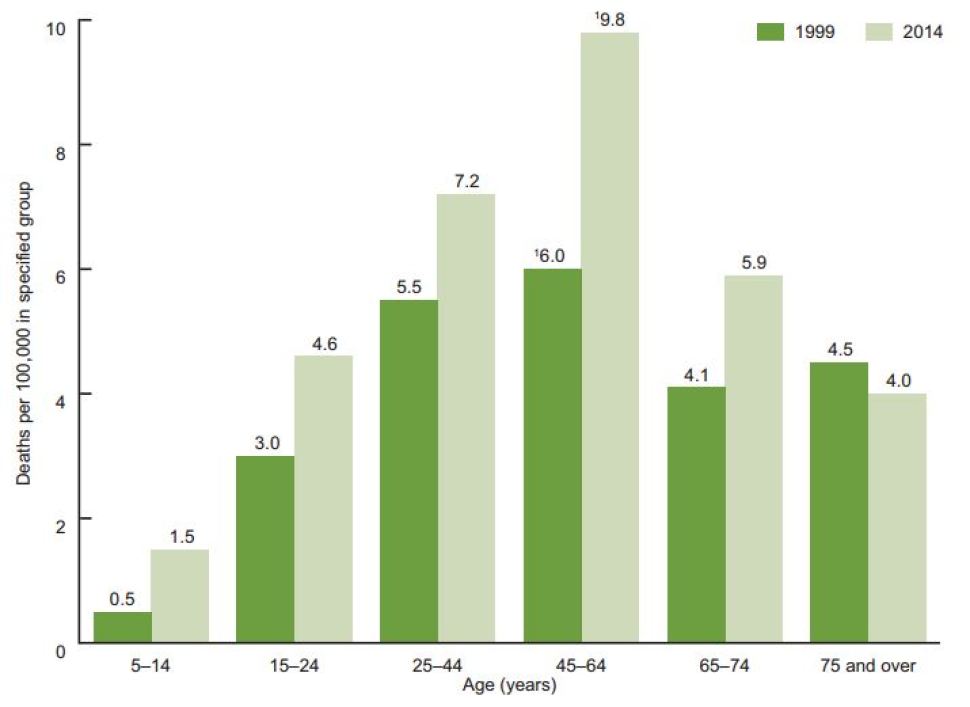Teen Suicide and School

With teen Suicide rates skyrocketing parents and educators are left searching for answers.
Suicide is the second leading cause of death for 12-18 and college age youth according to a report by the CDC. With the mounting pressures of school and a system that too often emphasizes performance goals, students struggle with depression and anxiety more than ever. The stigma of mental health has always provided a hurdle for communication and understanding of these very harsh and scary realities. Here is what you need to know:
- Educate yourself; understanding of the signs, causes and symptoms of depression you may help save a life. 4 out of 5 students who committed suicide showed clear warning signs.
- Take suicide threats seriously! These include but are not limited to:
- “I’d be better off dead”
- “I won’t be around much longer”
- “I won’t be bothering you anymore”
- ** NOTE THAT: These can take place via text, social media, and verbal statements.
Previous suicide attempts or self-harm, including self-mutilation and heavy drug or alcohol abuse are clear warning signs of depression and suicide. Students who know another student who has committed suicide are at higher risk these are known as cluster suicides.
Withdrawal from previously enjoyed activities, distancing from family and friends, reduced hygiene and declining grades or school performance can be subconscious cries for help.
Obsession with death or suicide through artwork or written expression is a clear indicator of a child who needs help.Beware of cryptic goodbyes, and the relinquishing of personal previously important possessions.
The loss of a loved one, the divorce of parents, can leave students feeling alone and abandoned. Also, feelings of shame, guilt, rejection, and despair can cause students to de-value their own existence.
These are startling facts but hope is not lost, here are some things we can do to help the problem before it continues to grow.
- Talk about it! Don’t be afraid to discuss mental health issues with your school board, PTA, child’s principal and with your child, often kids need someone to vent to about their personal difficulties and adults need to be reminded about the very real dangers of student suicide, depression and anxiety.
- Listen with your heart, eyes and ears! Your child may not tell you face to face about their depression or suicidal thoughts so be aware of sudden changes in behavior like sleeping or eating habits and consider what your child may be trying to subconsciously communicate. Trust your parental intuition about the emotional stress your child may be experiencing.
- Seek help! Mental health is very real and very complicated, seeking professional help will only serve to empower you with confidence that these issues are not a lost cause. Addressing, these concerns like any other health concern is the most important thing you can do, even children without eminent suicidal thoughts or depression can benefit from professional doctors who specialize in this field.
Ignorance about mental health issues is archaic and infantile please help our communities understand that these real and pressing issues should be addressed and not stigmatized.
Of course, if you believe someone may have suicidal ideations, seek immediate help from medical professionals. If you believe your child may need extra supports in school to address their mental health issues you may want to seek the assistance of an attorney knowledgeable in school related issues.
